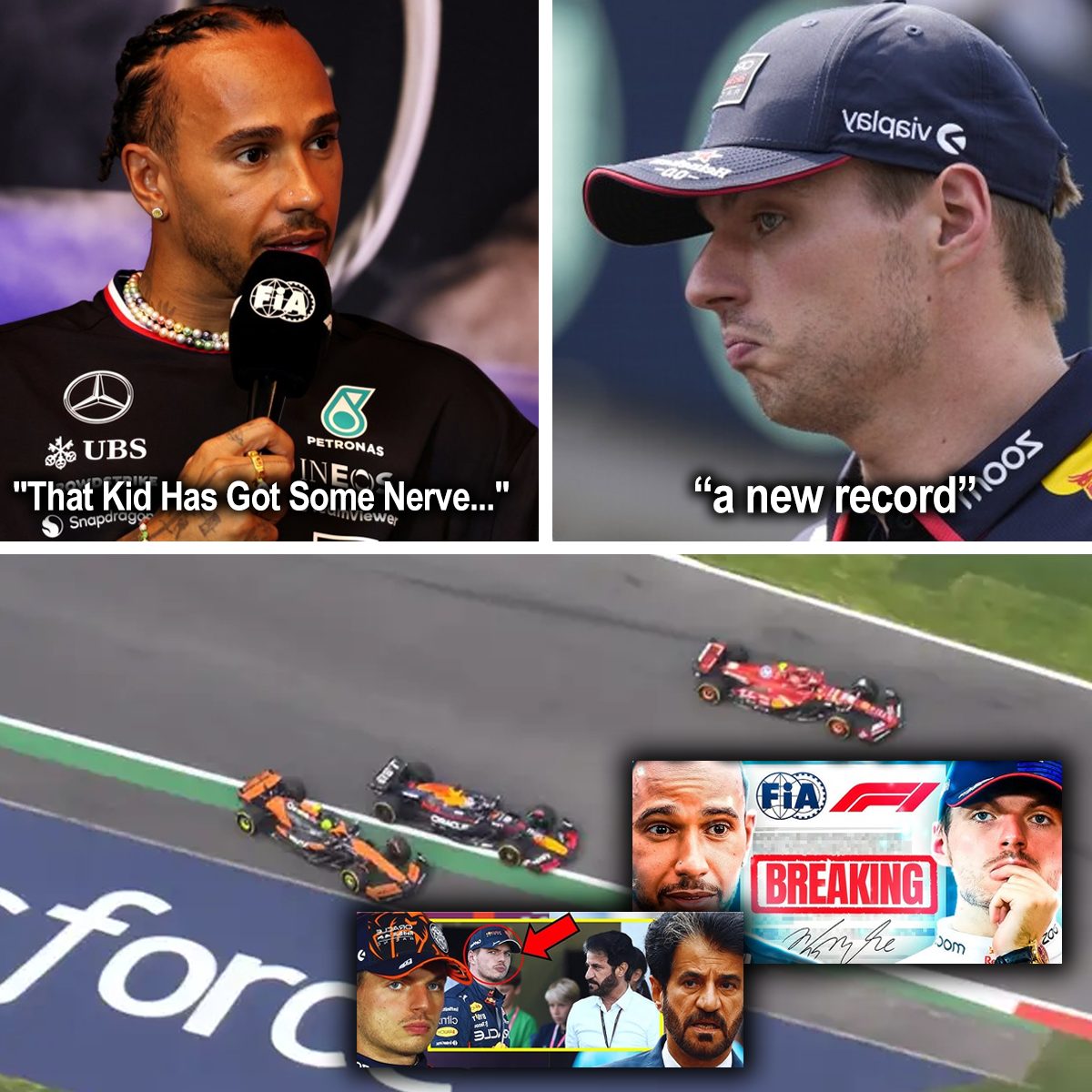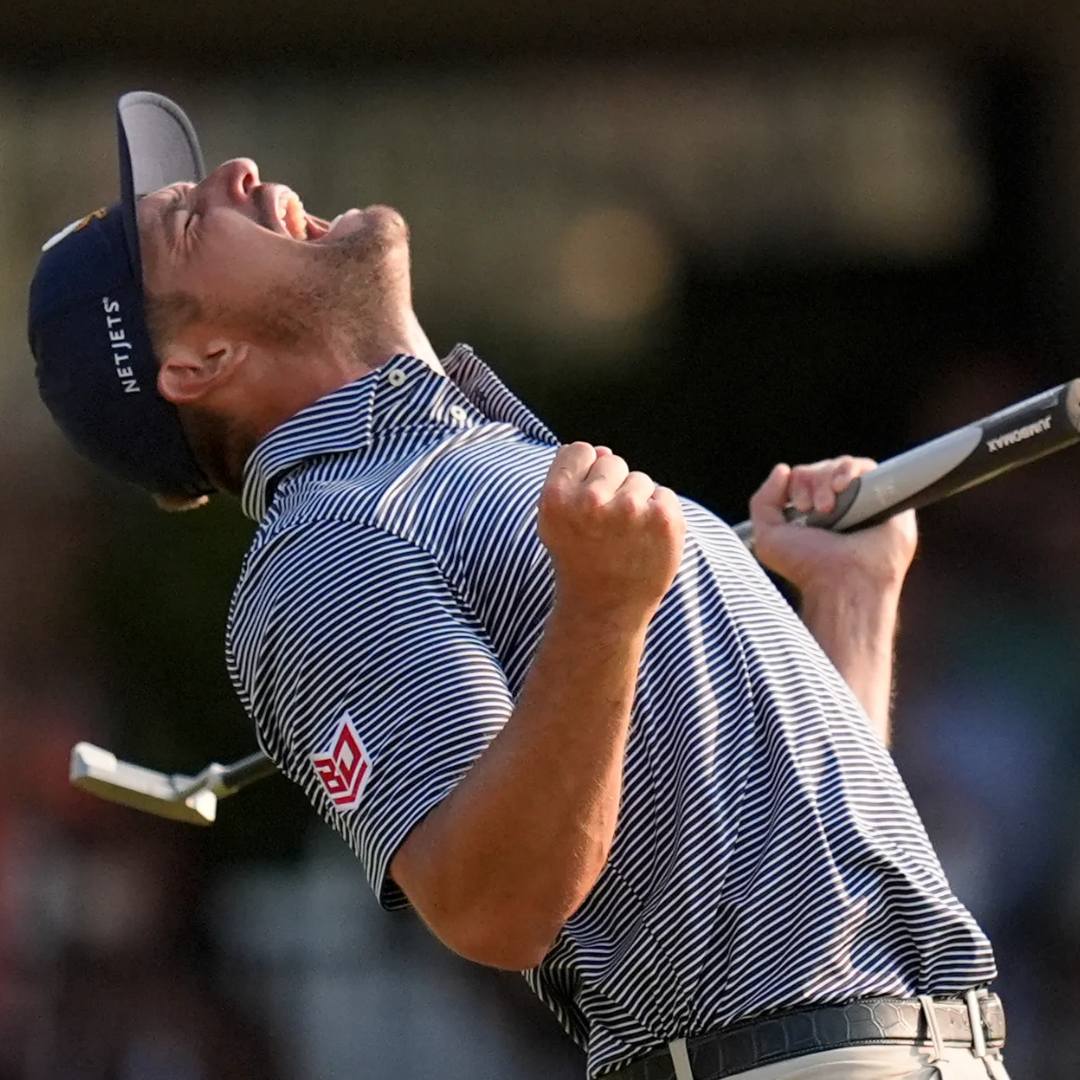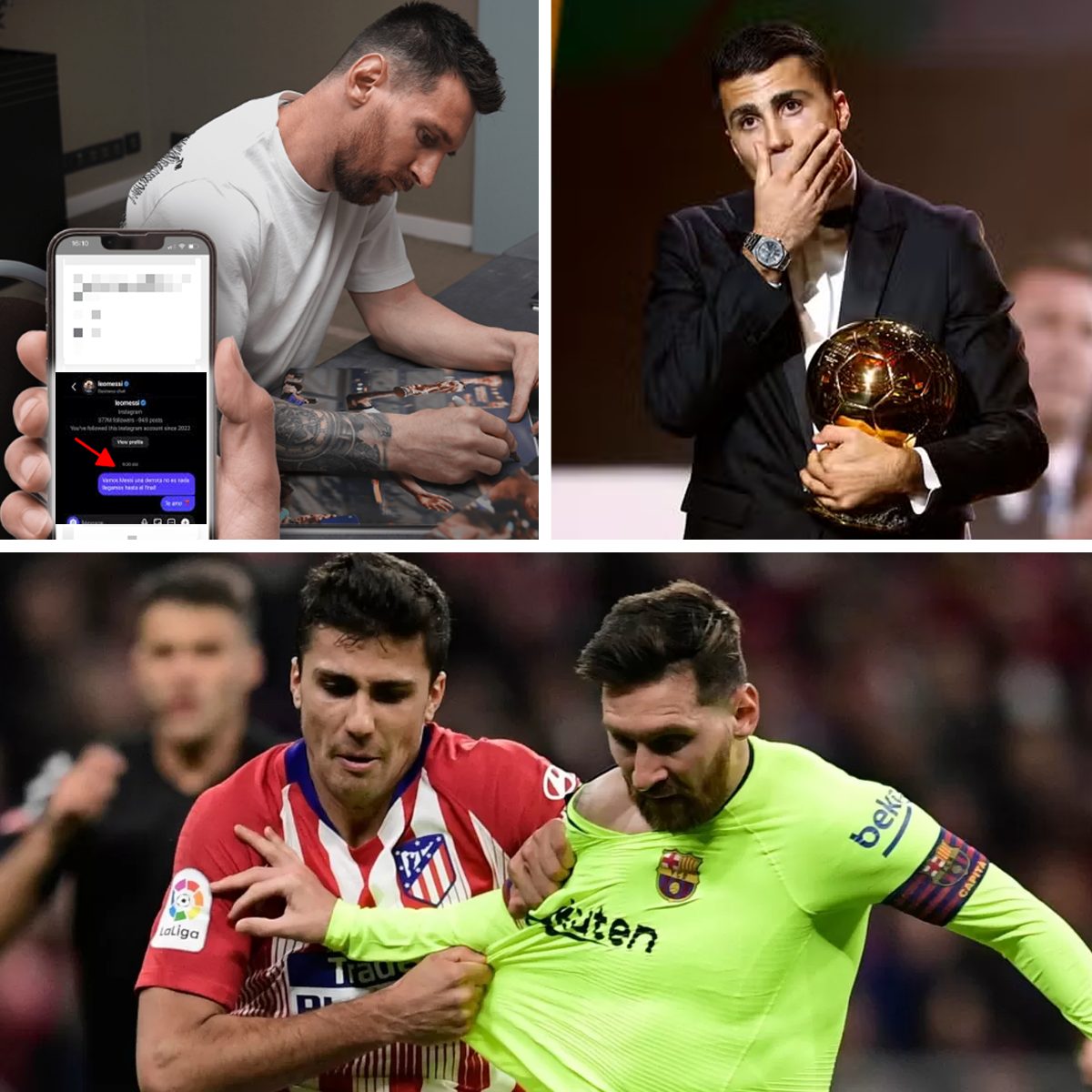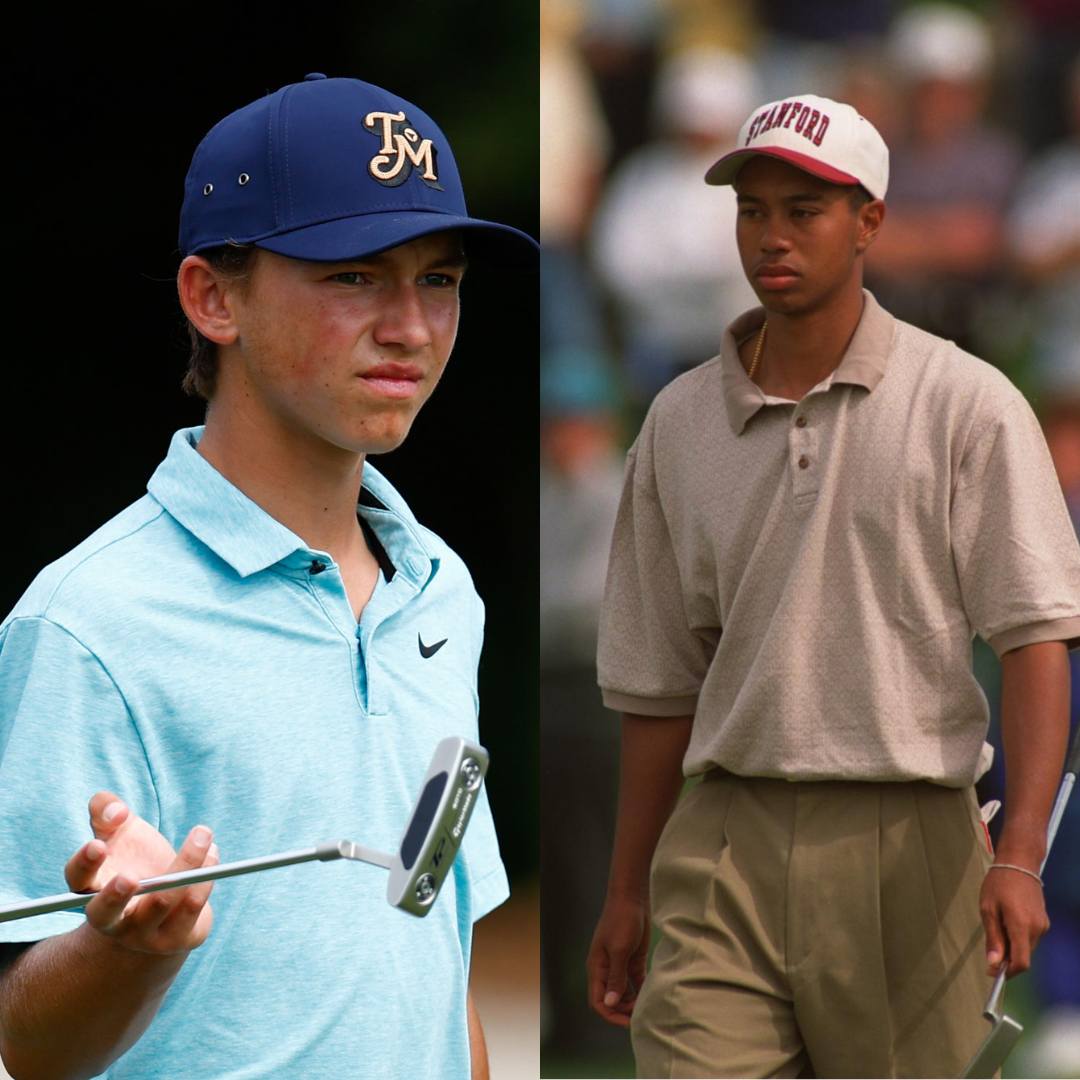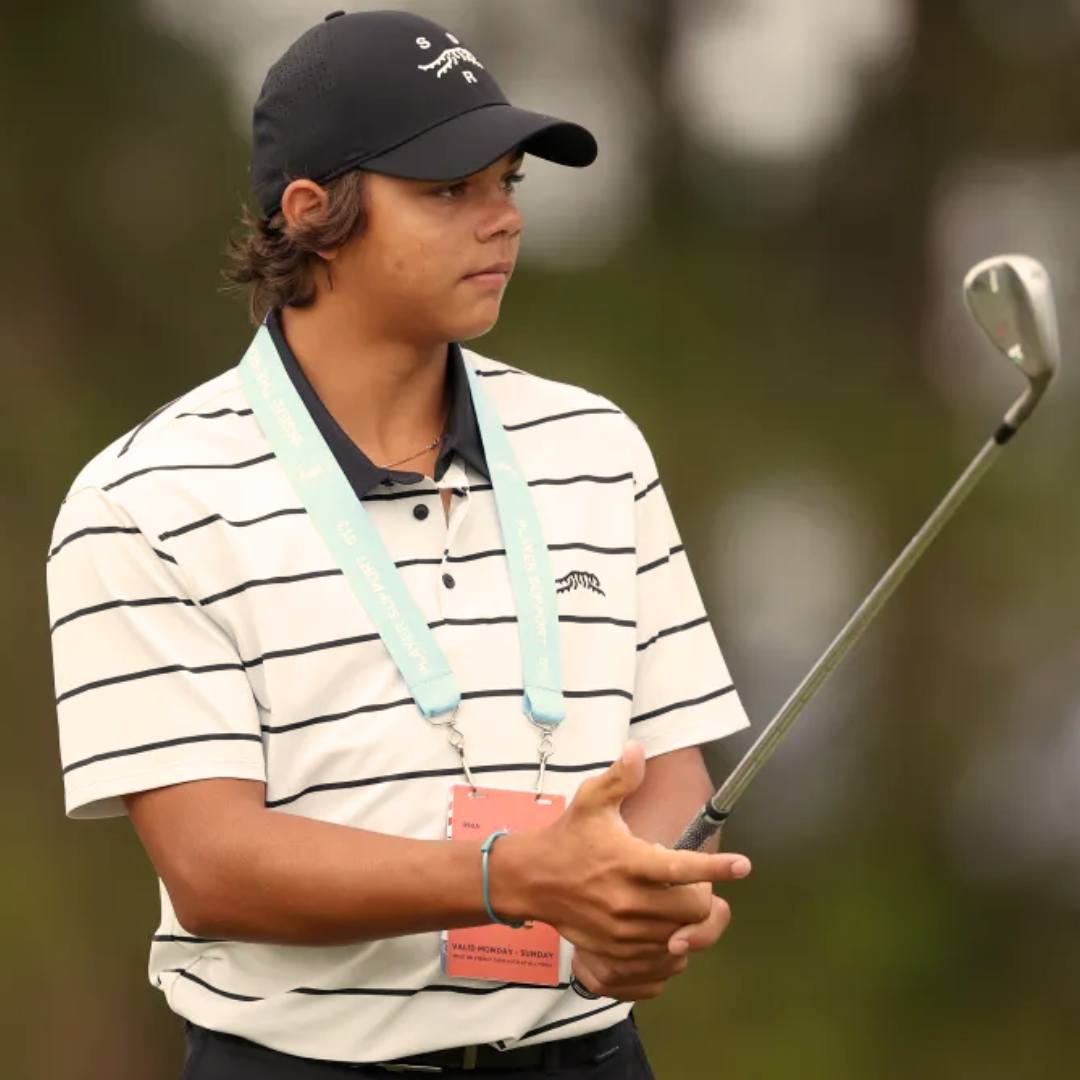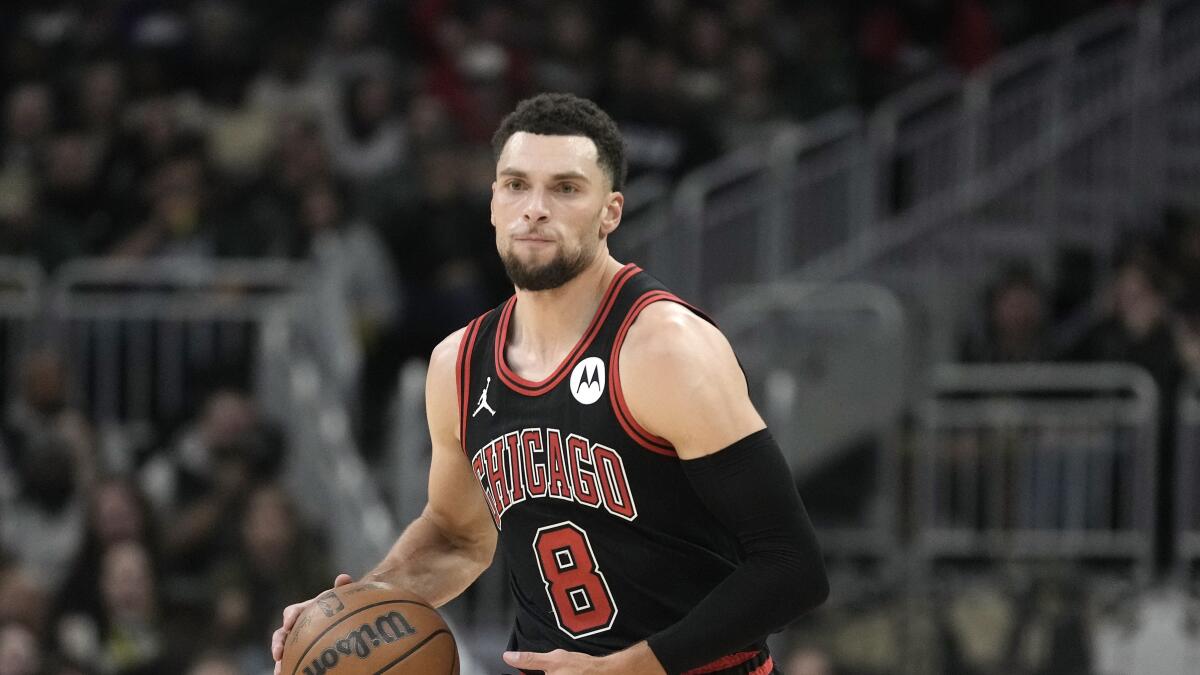
The Chicago Bulls’ Zach LaVine during the second half of a game last season. (Morry Gash / AP)
Hey everyone, this is Dan Woike and welcome to the Lakers Newsletter, the time each week when the Los Angeles Times trusts me enough to speak directly to the readers in the same way your one uncle forwards you a joke that kind of makes you smile (but not enough to open the email the next time he sends it).
Schools are back in session, college football is already back and the NFL is following, meaning the NBA preseason isn’t that far off.
And as we’ve gotten closer, I’ve started ramping up my conversations with people around the league. The answers? They haven’t really changed … except for one.
Is it time for ‘break in case of emergency’?
The question has been asked to people all around the NBA since it became clear that the Lakers’ roster next season would be idling in neutral.
“What would you do if you were Rob Pelinka?” Scouts, personnel executives and even rival general managers have been asked for their feedback. And for most of the summer, while the answers have had some subtle differences, the general sentiment is usually the same.
If there’s a solution, all these NBA types usually say, it’s certainly not a perfect one. Starting over from scratch, one path the East executive said he’d strongly consider, isn’t a real option because of LeBron James’ new contract that includes the right to veto any trade. The Lakers are pretty much committed at this point.
One conversation I had last week, though, really surprised me.
This West executive, who understands the Lakers’ situation pretty well for someone outside the organization, said he’d point them in a direction they were rumored to be headed in 10 months ago.
“I’d call Chicago and make a move for Zach LaVine,” the executive told me.
After gasping, I heard him out.
Here was the gist of the pitch: LaVine could be gotten by simply matching the money he’s owed, getting the Bulls out from underneath a contract that’s likely going to last until 2027 and cost the team $138 million. That would allow the Lakers to keep their draft assets for a future deal or the inevitable rebuild.
A trade would cost the Lakers D’Angelo Russell, Rui Hachimura and either Jarred Vanderbilt or Gabe Vincent — a big cost in talent because the team cannot take back more salary in a trade than it sends out.
And while there are questions about that, this executive said the Lakers need to acknowledge the roster isn’t good enough to win a championship.
LaVine, a volume three-point shooter, would give the Lakers another scorer on the perimeter who could be counted on to create his own offense down the stretch. The downside, of course, would be injury concerns (oh, and there are tons of them) and a lot of projection as to how LaVine would contribute in a lessened offensive role with more need on the defensive end.
The executive also said having LaVine’s big contract number in a year or two could be helpful should the Lakers put their future picks into play for a star.
To be clear, the actual Lakers front office never has shown any real interest in LaVine, as far as I can tell. And for the Bulls, it probably makes as much sense as anything for them to see if LaVine can show he’s healthy early next season and increase his trade value from none to something.
None of the people I spoke with picked the Lakers’ likely path — which is to wait and see while rolling with what they’ve got. Status quo, in terms of roster, was something the Lakers desperately sought a year ago after losing to Denver in the West finals, the lack of continuity often cited as a reason for the sweep.
Now, the Lakers will enter the season with as much roster continuity as anyone, the big change coming on the sideline with the coaching staff.
I don’t often share my opinions on this stuff in this (or any public) space because I try to see it from as many sides as possible to present what I’m hearing in its purest form. And to be clear, I’m not sure what the move is or if there is one that would make enough of a difference.
You can convince me that making a trade without sacrificing picks would make sense, but the Lakers needed Russell last year. Their season is way worse without him. And Hachimura played a huge role in the trip to the West finals and it still feels like there’s more to be brought out of someone that talented.
“Stuck” is a good word. There are varying opinions on how to work their way out of it.
End of the day, the only plan that matters will come from inside the Lakers’ building.
Mailbag
Reader Gary Linquist writes….
“Hola DW! Will Dalton Knecht be good enough to be the third-best Laker and power them deep into the playoffs? Just wondering!”
Whoa, whoa, whoa, Gary, let’s slow down on the Knecht train a little.
I think there were some real positives from Knecht in Summer League, and you can really see some of the ways he projects as a multilevel scorer.
My big questions for him — and these really exist for anyone on the Lakers not named LeBron James or Anthony Davis — are “How does he help when he doesn’t have the ball?” and “Can he function with a lower volume of attempts?”
Those will be big adjustments for him if he’s going to play a meaningful role on this team, competing as a defender and a rebounder.
I think excitement about Knecht is warranted. The Lakers haven’t drafted a polished rookie like this since Kyle Kuzma. But I’m more in wait-and-see mode.
Let’s chat
Any other questions you might have about this offseason? Players you want to have me dig in on? Let me know. Email me at [email protected] with your questions and we’ll answer as many as we can next week.
Song of the Week
Chance the Rapper – 3333
The Lakers’ offense, whether it’s including Russell, Hachimura and Knecht, will be empowered to let it fly from deep next season. Here’s betting that “3333” will be a stretch of JJ Reddick play calls this fall. Let’s celebrate that with a new one from Chance the Rapper.
